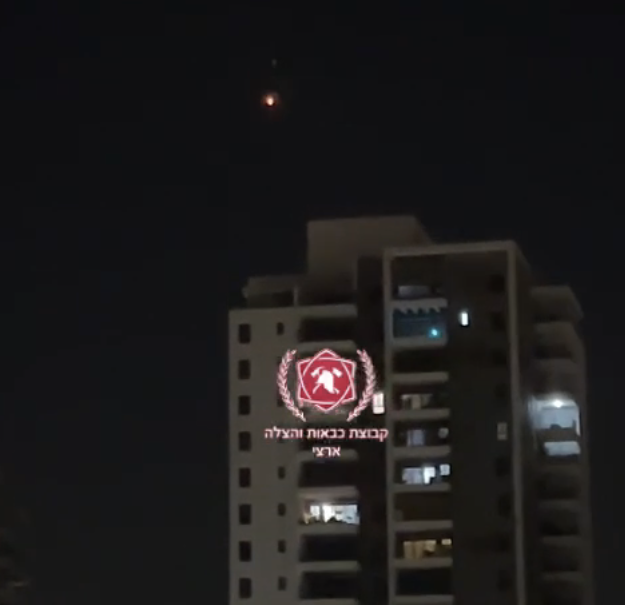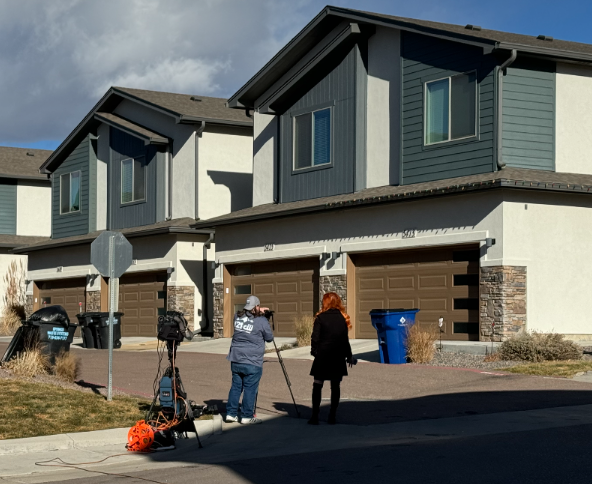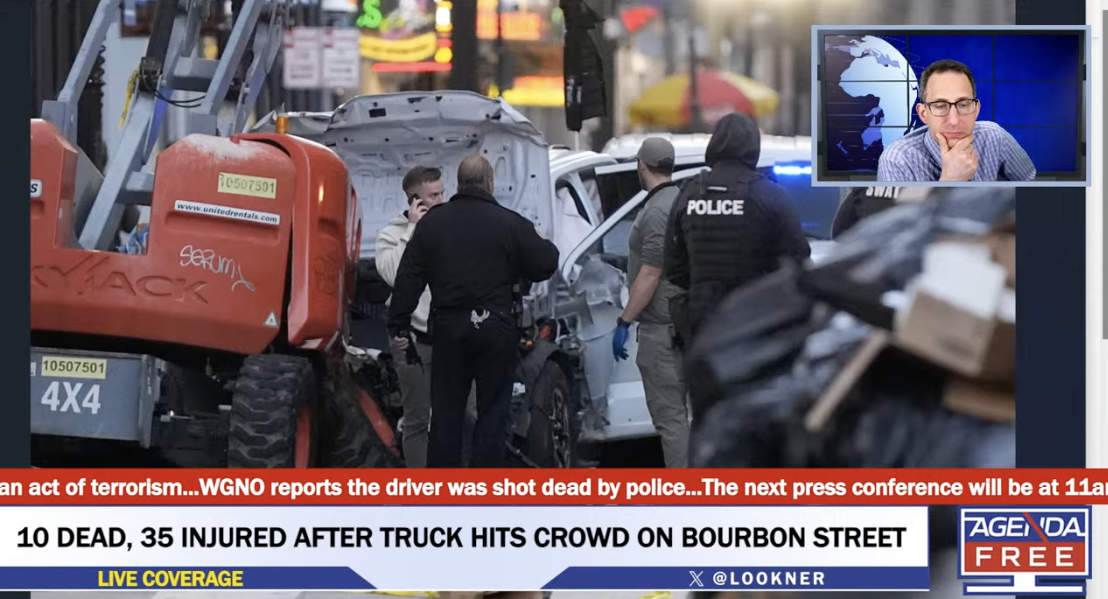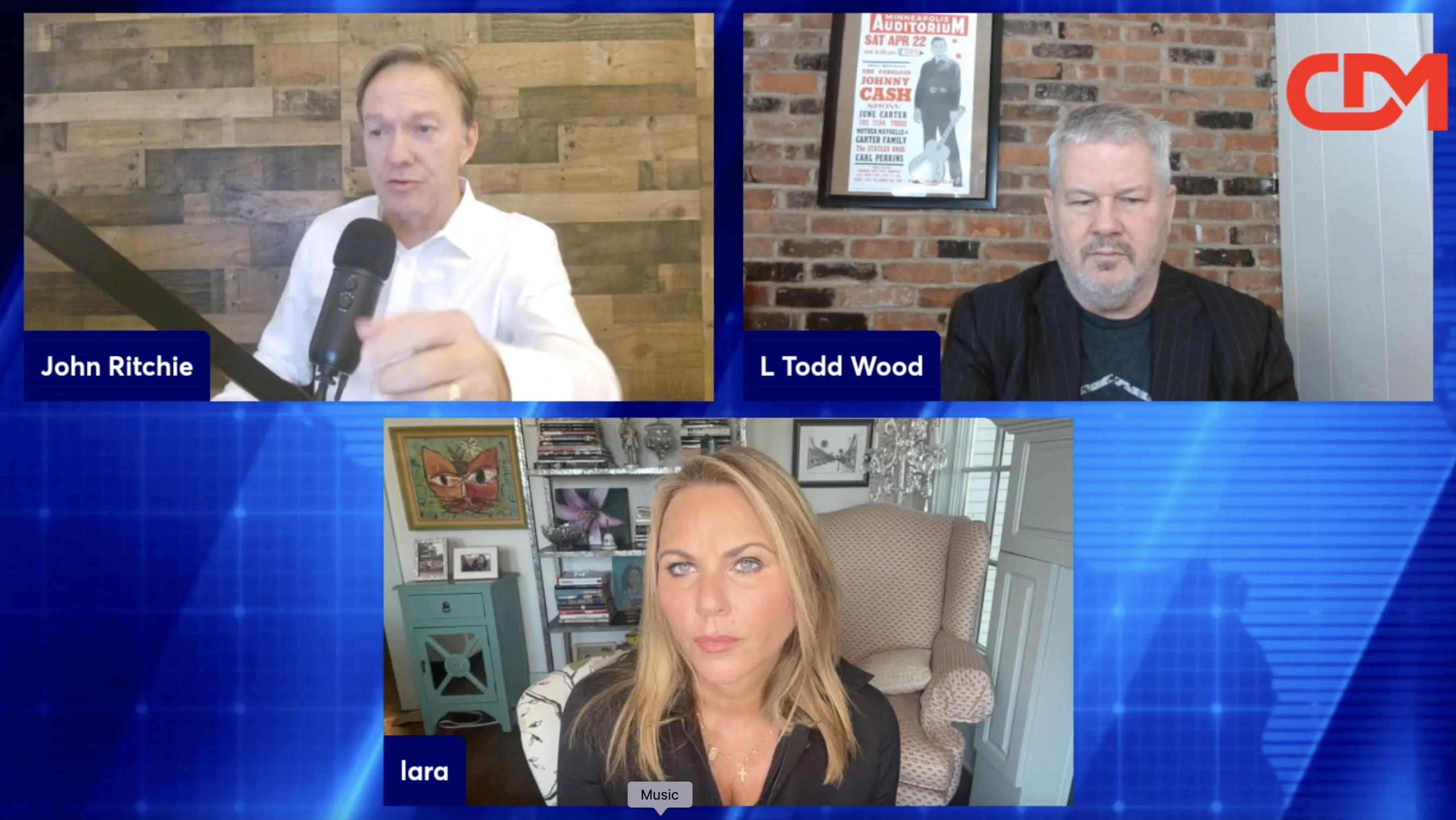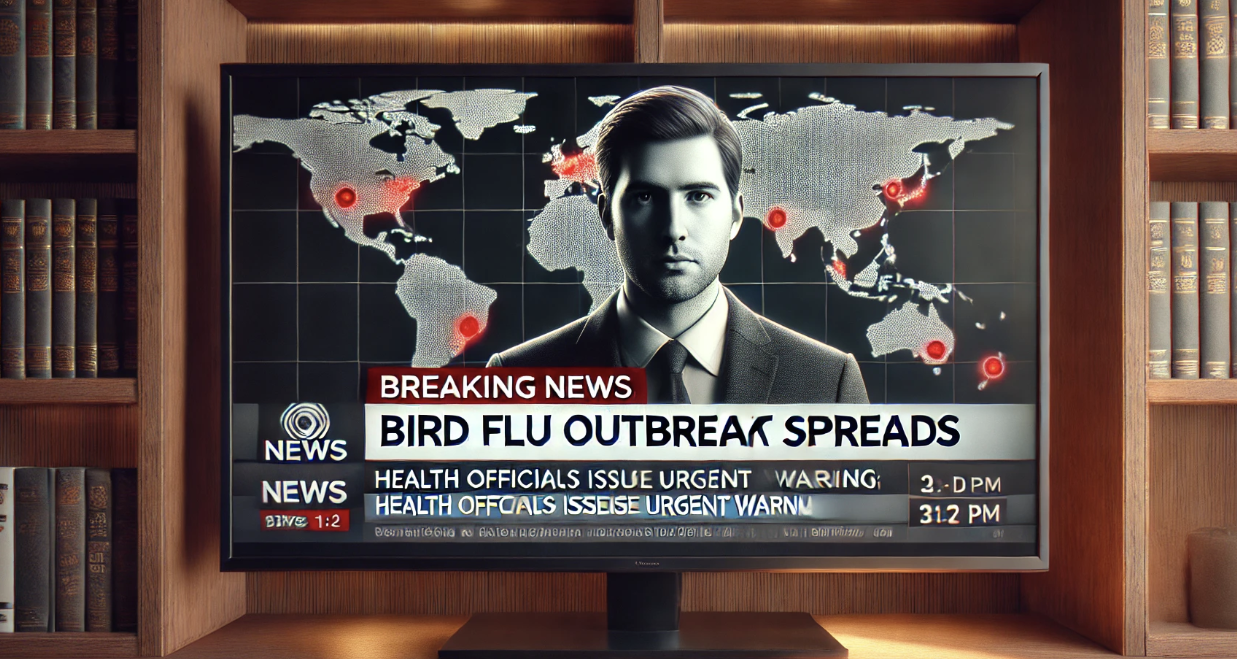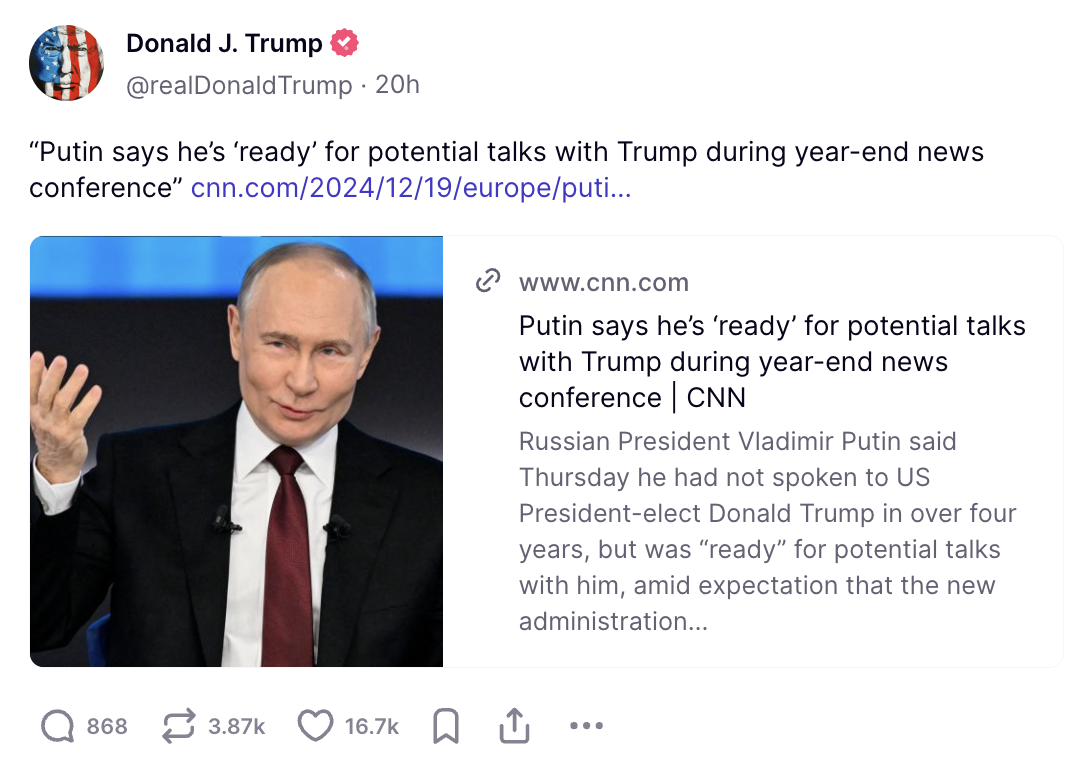
Image by Wellcome Collection gallery
When internet use became widespread it quickly became a place to share news and ideas. It was also a wonderful place to connect people across the globe. There was an explosion of content and with it an explosion of global conversations.
However internet use entered a new age, from what it had been during the late 1990s and “dot com” bubble, when social media platforms such as Facebook emerged in 2004 and Twitter in 2006. By 2014 there were more than 800 million accounts on Twitter and 241 million monthly active users. Facebook reached 2.3 billion users in early 2019.
Increasingly people get their news from social media. It is the modern day newsstand.
Social media platforms are also being policed more than usual. Totalitarian governments, for instance, are forcing them to remove accounts, and also go after people for “religious” crimes such as “blasphemy.” For instance 85% of “blasphemous material” was removed by Facebook on Pakistan’s requests. In addition there are increasing calls for social media companies to be more socially responsible. A gay rights activist had his account deleted on Instagram, Facebook and Twitter after a campaign by religious extremists in Indonesia. The Ministry of Communications ordered the social media giants to remove it, claiming that discussing gay rights was “pornographic.”
Social media giants also keep tweaking their algorithms both for profit and to create “healthy” discussions. Facebook also removed billions of what it says are fake accounts. Twitter removed, by 2018, more than 1 million extremist terrorist supporting accounts.
Once the public and influencers began to understand that they can get social media to remove users that are controversial there has been an increased crackdown. Alex Jones and Laura Loomer were removed, and so was Louis Farrakhan and others in early May. The companies also work in concert with governments to remove certain videos, such as the one of the New Zealand shooting. But many other accounts have been quietly affected, such as those conducting research on extremism or weapons, targeted because they may have images that social media labelled as “terrorists.” Some of those whose accounts were arbitrarily closed, accused of spreading “fake news” have threatened legal action.
My Facebook account was blocked for 30 days for posting the image of antisemitic slogan on the wall in Odessa.658:41 PM - Aug 20, 2018Twitter Ads info and privacy43 people are talking about this
There are many examples of accounts being closed arbitrarily and without people having recourse to transparency or any kind of social media user bill of rights. That includes an activist against anti-semitism whose account was briefly suspended simply because it depicted anti-semitic graffiti. This risks labelling anti-racism activists “racist” for merely showing hate crimes or discussing the. Kurdish activists have been targeted.
The new totalitarian model
Over time social media users have begun to feel under siege. It made sense to remove hate speech and targeted harassment, or threats. But social media giants are now increasingly being called upon to censor content that some people simply disagree with or don’t like. In addition they are catering to foreign governments, almost always dictatorships and religious extremists, to remove content created by dissidents and open minded people. Increasingly social media giants risk becoming the new inquisition, trying to police and create a kind of perfect Orwellian society based on restrictive norms of what we “should” think.
This is very bad news because it is similar to what happens in the 1930s when totalitarian governments understood that they could use mass media to create extremism. The flowering of a more free and independent media in countries in the late 19th and early 20th century gave way to extreme totalitarianism. Governments began to take over and control newspapers and television.
After the end of the Nazism and the end of the Cold War there was a new flowering of free media. The rise of the internet helped dissidents all over the world. It also helped drive revolutions. But the dark side is that governments began to understand that the internet isn’t just a threat, it can also be a tool. It became a way to spy on people and police them. Soon people were being charged for Facebook posts and imprisoned. Activists were being attacked in places like Bangladesh. A new kind of globalized Cheka and Gestapo was emerging. A man was even sentenced to death for “blasphemy” on Facebook in Pakistan. This is like the return of the Salem Witch Trials, but charging them for withcraft because of activity on social media. Instead of confronting these countries and helping dissidents, many social media companies work closely with governments that execute people for blasphemy.
In addition totalitarian state media in many countries learned they can exploit social media through their power and financial resources. Even as media in democracies is shrinking and budgets are under stress, large state players were exploiting social media. Iran’s regime which restricts the use of Twitter, uses it in English. In addition Al-Jazeera, RT, TRT and many other state-sponsored channels were able to use social media to get their ideas across, even while critique is reduced at home. More and more social media companies seem like tools of governments than they do a place where average people can share ideas. In general the new totalitarianism is policing what the average person can and “should” see on social media, and trying to foster an environment more like the Soviet Union. In this environment people feel free to discuss and “like’ funny cat videos, but politics and controversial topics are becoming more and more narrow. Given the large number of people who receive news from social media, it means that there is less and less information now on these platforms. Rather than seeing dissidents and protesters, we see more and more of what the largest corporations or governments want us to see. This is more than just the revenge of legacy media on social media, it is a decrease in one’s access to information on the very platforms people want to find information on.
Can someone who believes strongly that FB should take down the slowed-down Pelosi video tell me what specific policy are you saying FB should adopt to remove this video but not other edited videos? (I’m not disagreeing they should remove it, just looking for good mechanism)3121:22 PM - May 25, 2019Twitter Ads info and privacy239 people are talking about this
The Pelosi video as symbol
A very emblematic discussion of this emerged over a controversy regarding a video of US Congresswoman Nancy Pelosi. Increasing calls to remove the video emerged, claiming it was deceptive or edited. Farhad Manjoo asked what kind of rule should apply.
The responses were interesting. They included:
- Not advocating either way, but a rule banning deceptively edited videos purporting to depict newsworthy people or events doesn’t seem that complicated on its face.
- Context. [comparing it to a comedy show] this is a skit on a widely known comedy show. he even sets it up and says it’s time for the skit. the other one has no context. it’s designed to trick you…bad-faith actors are relying on there never being a line drawn. i am more than comfortable saying a sketch with audience laughter hosted by one of the most famous comedians in the world is not comparable to a 30-second contextless clip from a page purporting to be “real news”
- Pages or individuals with large reach need to disclose if a video of a public figure has been doctored.
- Should we not hold Facebook to the same standard that a major network is held to? In this case, this video incites hate and fails basic objectivity
- The specific policy i’d advocate: editorial responsibility for algorithmic decisions. let the videos stay up, but platform does not _push_ them, or if it does so, only with visible disclaimers.
- To me, a line was crossed when Trump shared it. When he shares it, is goes from “edited video” to “government propaganda with the intent to deceive.” I don’t think they should allow governments to share fake videos intended to deceive (and this is far from the only one).
- “If we can’t police everything then we will police nothing.” That’s a bad approach. At leeeeeeast do what you can.
- “Forbidden: Video that presents itself as a truthful depiction of its subject but has been altered with intent to deceive.” Yes, there may be room for judgment about “intent.” But this is a reasonable standard. In this case FB would agree that it has been violated.
- It involves a major national political figure.
- I saw a game simulating networks and spread of info recently that could be instructive. A mechanic to reduce virality might be more effective than censorship. If a video has been slowed, call out the change, reduce addressable audience size or throttle sender posting frequency.
- Judging malicious intent to deceive. Yes, judging is part of reality. Sorry Silicon Valley algorithms.
- My mind isn’t made up, but sometimes I wonder if Facebook (and Twitter) would benefit from having a stricter moderation standard for posts and accounts with greater than average reach.
- It wasn’t published by one of the 5,000 journalism outlets Facebook has vetted and allowed to publish on its platform.
- I think they should be liable to under traditional, centuries old publication tort law principles adjudicated by a jury, instead of enjoying a Big Tech created statutory exemption under CDA s. 230 which has proven disastrous for our democracy.
- Ban libel and slander full stop, adopt network S&P. For this specific instance it may be a label vs a takedown solve – e.g. – clear watermark stating –> ‘manipulated media’
- 1. Reboot the “newsfeed” product with standards held by real news organizations, making it clearer that the current version is a social feed. 2. Programmatic pre-video content labels.
- Perhaps: ‘News articles that independent 3rd party accredited factcheckers deem false will removed’.
- it’s propaganda. you know it when you see it
- ike google does w its google news publisher center, or snapchat does w its publisher admission process for discovery, other platforms should have an application process and editorial guidelines for news entities. if an outlet/person habitually breaks, ban ‘em
- I don’t want nor do I trust companies like Facebook to start moderating posts based on truthfulness
- Didn’t they recently adopt a policy against something like “deliberately misleading political information?”
- The most narrow rule would be banning manipulated audio, video or photographs presented in a way a reasonable person may interpret as authentic, that intentionally or otherwise could harm anyone other than the poster.
- Banning the poster of the content is key.
- It’s defamation. It’s false content intended to defame a person’s character. The fact that she’s a public figure makes the bar a little higher to prove in court, but this was clearly not a case of parody or satire, and it was clearly malicious in intent.
- The technology exists to discern if an original piece of digital content has been altered. FB should implement it along with a notification that this has occurred. Then, include a version of the original beside it. Your NYT did it right:
- Shouldn’t remove. Watermark when a video/photo/voice has been altered. Presumably after complaint by subject.
- it was created specifically as disinformation and propaganda to be weaponized through fb.
In general the responses indicate an increasing desire to regulate social media. This includes a view that primarily the only arbiters of “truth” are some major media organizations and governments. This has shifted the narrative from “fake news” being things that are entirely fake, to merely misleading news. But aren’t videos edited on Al-Jazeera, or even on major US media networks? Aren’t many documentaries on Netflix sometimes deceiving the public. Who decides what exactly is “propaganda” and what is not?
We are generally being told that “propaganda” and “fake news” is primarily things we don’t agree with. The question of who then decides what is “true” is left to the hands of some grand censor somewhere. This is the demand, in general. That we would be better to rely on one person, or a small select committee to tell us what is “truth” than to rely on thousands of online media to sift through things and provide us with differing opinions.
Should every video that is mocking a public figure be removed? In previous cases of satire, such as Hustler Magazine v. Falwell, the finding was that public figures could be ridiculed. But now we are being told that any deceptive criticism, such as slowing down a video, should be banned or watermarked after being policed by a kind of chief social media censor. We are being told that only some verified media that went through an application “process” to prove their worthiness to a giant social media company should be allowed to show us content? Is that really the trend of our way of life in 2019. Not more information, more dissidents, more criticism, but a desire for less, a desire for a very narrow kind of cookie-cutter amount of news that mostly is the same and looks the same and parrots the same opinions and is run by largely the same group of privileged people to tell us what is “truth.”
It was one thing when we were told that hate speech should be banned. That was based usually on taking down certain contend deemed to be extreme. Usually there was even a way to appeal. Then the social media companies moved to getting rid of individuals for actions they did off line. For instance even criminals or terrorists or people who allegedly committed crimes had all their content removed immediately. This speaks to social media giants having large investigative divisions that target people not for violating rules of conduct on the site, but for other arbitrary things.
Increasingly the discussion is not just about people who broke the law or even broke the law in a foreign country, such as “blasphemy”, but it is about policing “unhealthy” opinions and encouraging a certain type of interaction. This sounds a lot more like China’s social credit system, than a democracies interest in freedom of expression and information. We’ve gone from fighting “fake news” to simply “news we don’t agree with” within just a few years.
The future does not look bright. Instead it looks like our future will increasingly be a kind of creation of a global “safe space” designed to produce primarily similar types of people with similar views and of course make sure they have no offended any totalitarian regimes or committed “blasphemy”…and eventually a nice world that looks more like the era of the Inquisition, the Soviet Union and Salem Witch Trials all put together. Except in this future era people’s opinions will be immediately policed online, rather than in previous eras where at least people could go home and sometimes whisper among each other.
Social media giants and governments are pressured into catering to the worst inclinations of masses of people. That inclination is to simply get rid of every idea and comment that doesn’t fit a very narrow and “accepted” checklist. More rules, more bans. Less transparency. After all, who would have imagined that in 2019 people would be subjected to bans for “blasphemy”…something that even in the 18th century people were already challenging. We’re rushing towards the 17th century using the 21st centuries social media and totalitarian tools.









